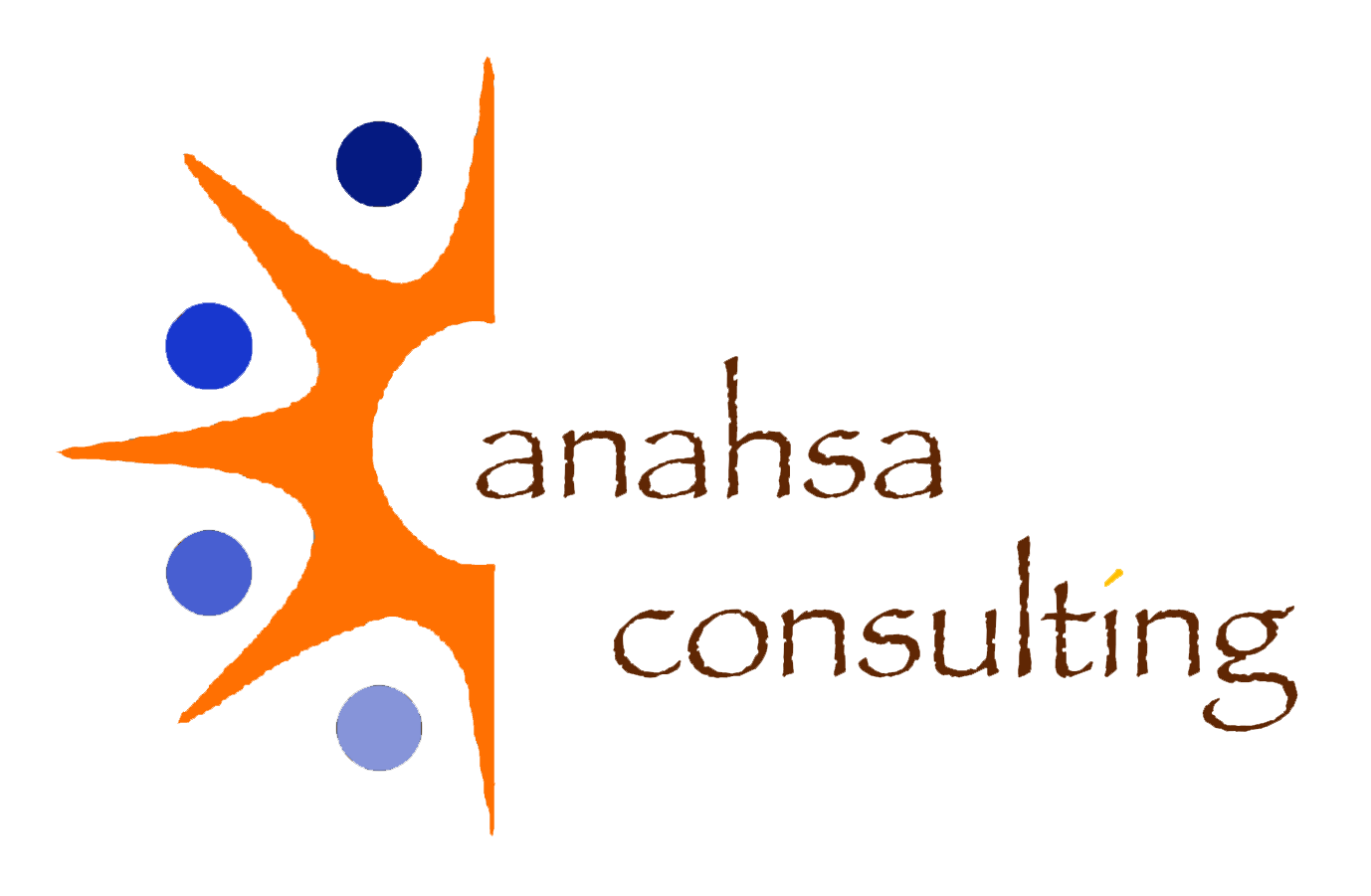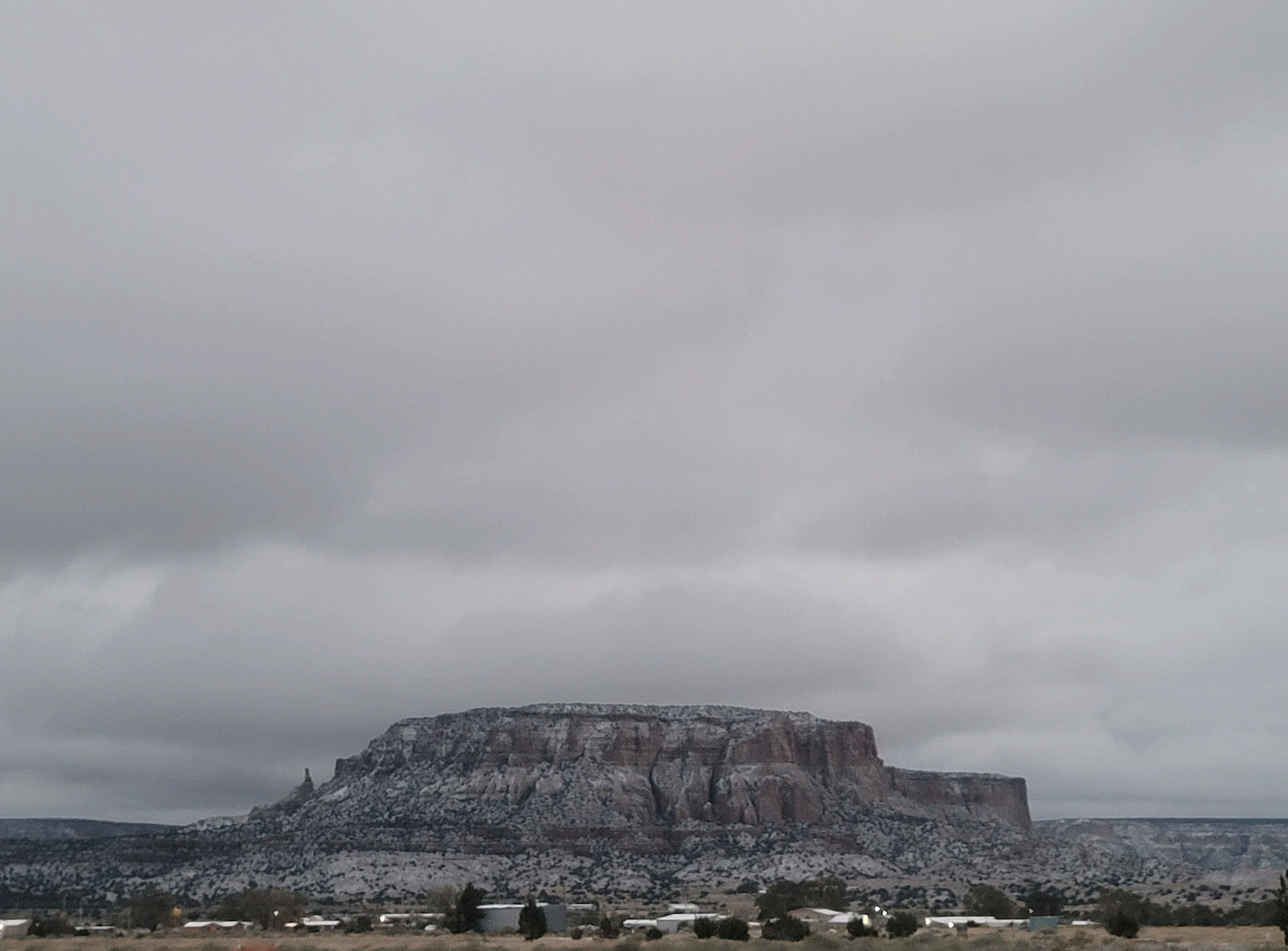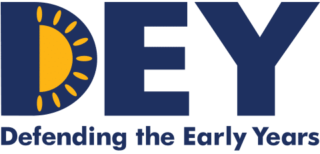What I wish I had…
Hello,
This week, as this nation celebrates the Thanksgiving holiday, I’m going to share a few short reflections for this newsletter.
Back in the early 1990’s, when I was a sophomore in college, I read A People’s History of the United States by Howard Zinn, and that first chapter “Columbus, The Indians, and Human Progress” represents the first time I was pushed to consider history from the perspective of Native Americans. It prompted me to seek more accurate perspectives on the history of this country, and to keep learning about Native people in the present.
I wish I had known that everything I was taught about Native Americans in my K-12 education was racist, oppressive, and colonialist. I wish I had been taught to question those narratives well before the age of 19.
When I became a 3rd grade teacher in the early 2000’s, I inherited a Native American curriculum that felt problematic to me on a core level. The curriculum was focused on Haudenosaunee, indigenous people from the land we were occupying in Brooklyn, NY. The curriculum looked at their ways of living, homes, clothing, and cultural artifacts from centuries ago. Additionally, the associated read aloud book, Indian Captive (Jemison), made my skin crawl, as I noted the ways in which Native people in the book were dehumanized and exoticized. The word “savages” was used to describe Native people multiple times in this book.
I wish I’d had access to critical reviews of the book (and others) like this, that gives helpful framing on the harmful white normative view that’s centered in this book.
I knew that the underlying approaches of the curriculum and book were problematic, and despite the fact that they were beloved by many in the school, I conferred with Meredith, my assistant teacher, we set out to completely update and revamp the curriculum. Some things we did:
We began to include critical questions as we did the read- aloud to push the children to think deeply about what they were hearing from, the perspective of Native people.
We wrote an additional unit into the curriculum where we began to learn more about the Haudenosaunee in modern times, and they interacted with a cultural keeper of knowledge from the Redhawk Native American Arts Council.
As we entered October 2002, we launched a study of stereotypes and myths, focused on “Columbus Day” and pushed the students to identify and deconstruct stereotypes and harmful imagery of Native Americans in modern American life.
We created opportunities for students to research, and to teach each other and their families about what they were learning.
Meredith and I did not have a clearly laid out sense of what we were doing with this curriculum. As we tried to educate ourselves about how to teach Native history and culture, we also had to figure out how to translate that information to 8 year olds in developmentally appropriate ways. We wanted to include the full humanity of Indigenous folks, and to share the resistance to colonization they exhibited in the past, as well as the present.
We didn’t have a road map for creating and implementing this revamped, pro-Indigenous curriculum. However, we knew that we had to interrupt the harmful beliefs and stereotypes that children had already internalized by the age of 8. We knew that we could support them to think critically about history, with social justice in mind.
I wish I had known then that this would be a lifetime of unlearning and being open to new learnings, as I continued to teach children, raise my own child, and to create learning experiences for adults.
I wish I had access to the types of resources to disrupt anti-indigenous racism and bias that exist today for educators and leaders of young children.
I wish I’d had support and frameworks to implement an equitable, anti- racist and anti-bias curriculum and practices before I became a teacher, and throughout my teaching career.
Thank goodness for everyone who has begun to do the work of building content and learning experiences for all of us, in service of equity for Native people and for all historically excluded folks. I am contributing to this justice work through the Identity, Anti-Racism and Belonging curriculum I’ve developed for early education leaders and educators, which helps us examine our socialization into a white normative (and therefore, anti-indigenous society), among other things.
To that end, I’d like to share three resources:
For adults (learn): Short interview with the author of An Indigenous Peoples’ History of the United States
For adults (action): Check out the Native American Rights Fund for ways you can support their work in protecting the rights, resources and lifeways of Native folks.
For adults and children: A beautiful resource on talking about Thanksgiving with young children (in English and Spanish) from a dear friend and colleague, Vero Benavides, Founder and CEO of the Language Preservation Project.
Today I give thanks for the wisdom to look back and note the ways I’ve learned and grown, and the strength to continue learning and growing so that I may contribute to the development of a truly equitable society for all.
I invite you to join me in this process, and this moment of gratitude.
Please let me know by replying to this email: What are you giving thanks for today?
Enjoy this clip: Little Powwow Dancer Steals The Show & Goes Viral
What we are up to!
We are offering two exciting opportunities for educators and leaders to deepen their professional development on anti-racism, anti-bias and culturally responsive environments.
Identity, Anti-Racism and Belonging
(IAR-B) workshop series: Part 1: RESET
Friday, December 9, 2022
12:00pm - 3:00pm ET
Journey to Nia Winter Retreat: Centering Black joy and eradicating anti-Black racism for early childhood leaders and educators.
Friday, January 6, 2023 | 6:00pm - 9:30pm ET &
Saturday, January 14th, 2023 | 10:00am - 1:30pm ET
Thanks to the generosity of Defending the Early Years, there is a sponsorship available for one participant to our Journey to Nia Retreat. You can apply to receive this sponsorship and attend the Retreat for free by filling out the application by December 5, 2022.
Resource Corner!
In addition to the resources above, check out this book We All Play as a read-aloud for young children written in both English and Cree.
Thank you for reaching the end of our newsletter! Please share it with your networks.
In Collaboration,
Takiema and Team Anahsa
Creating joyful and liberated lives in early childhood, and organizations.™
Don’t forget to follow us on social media:






